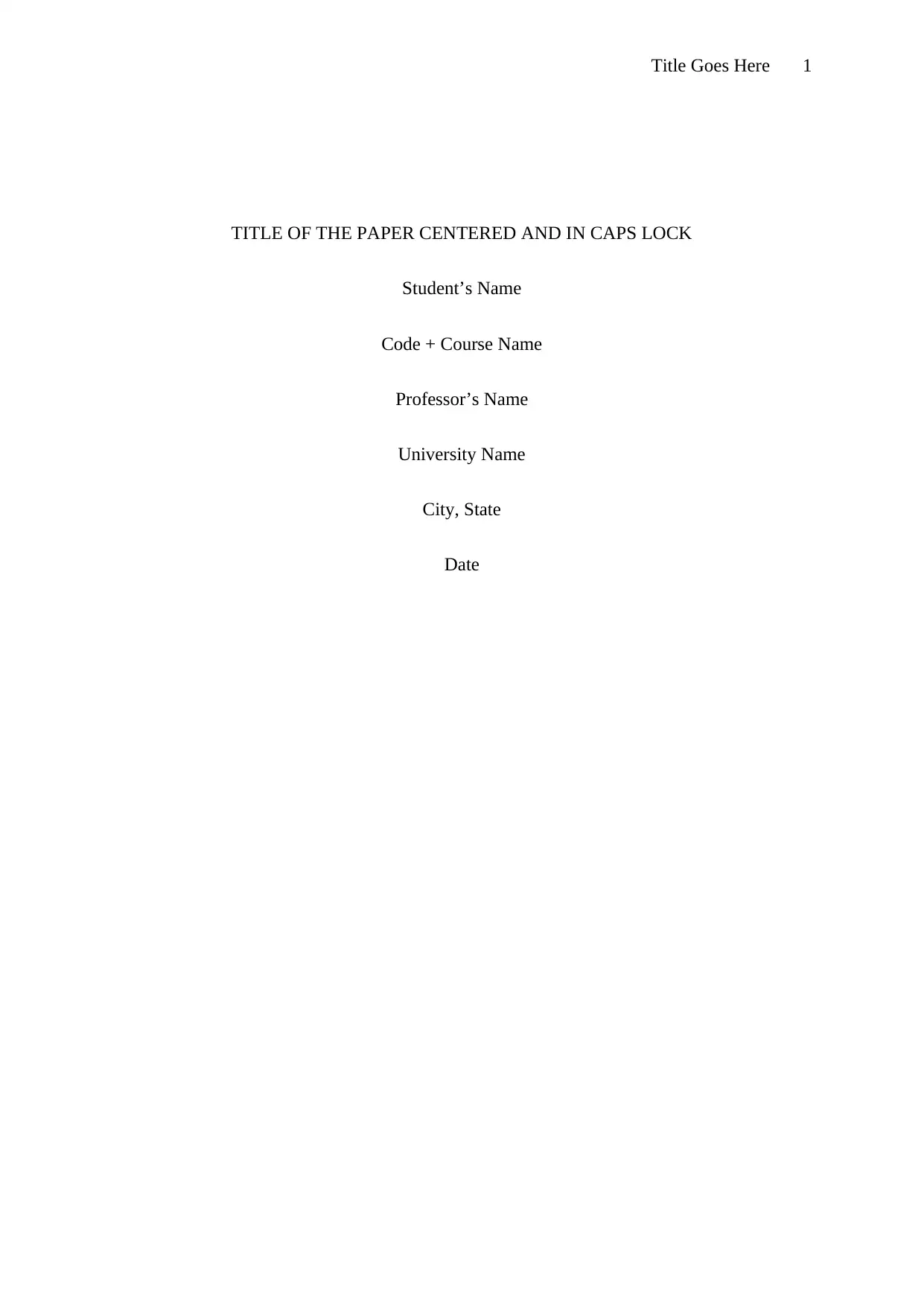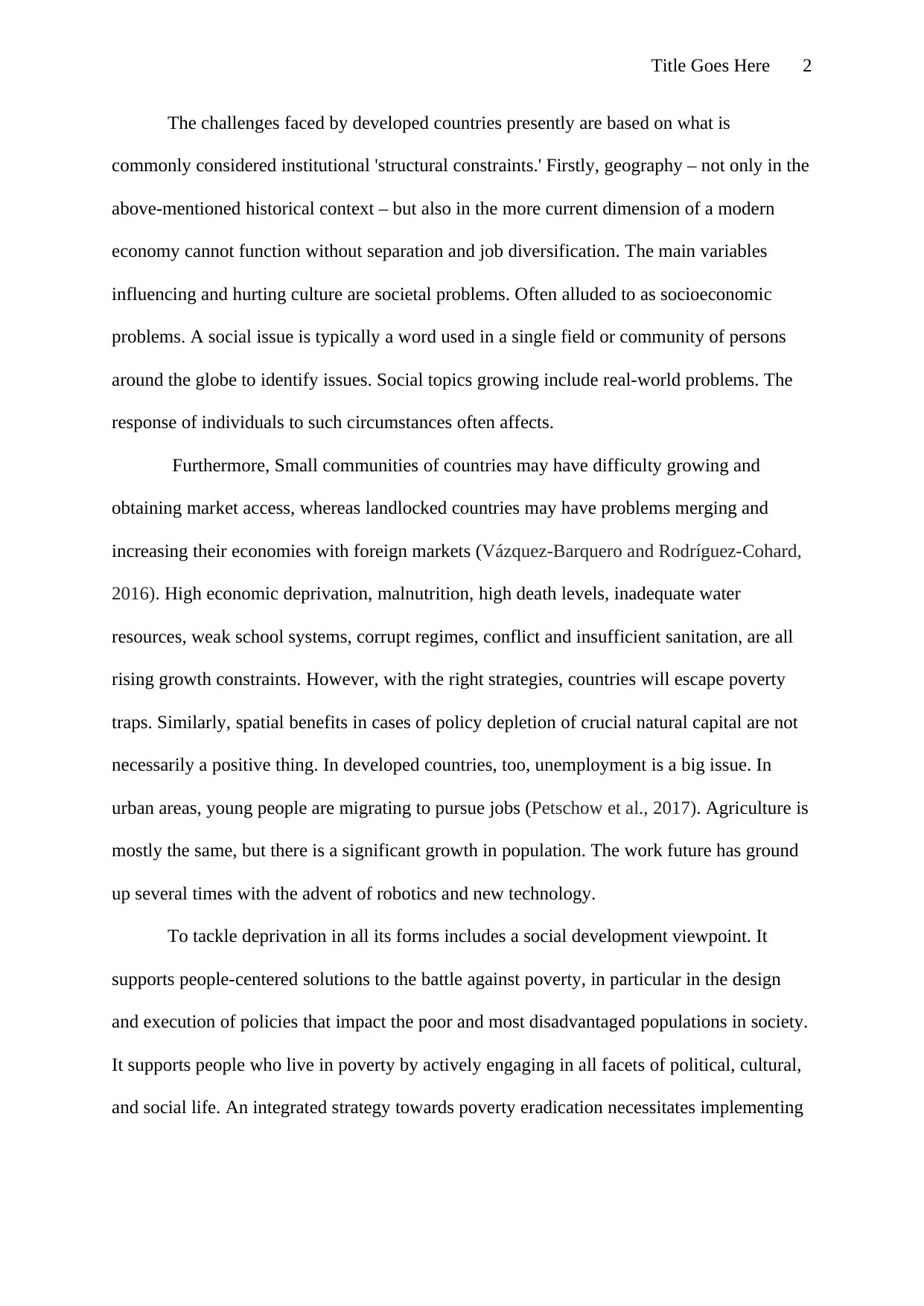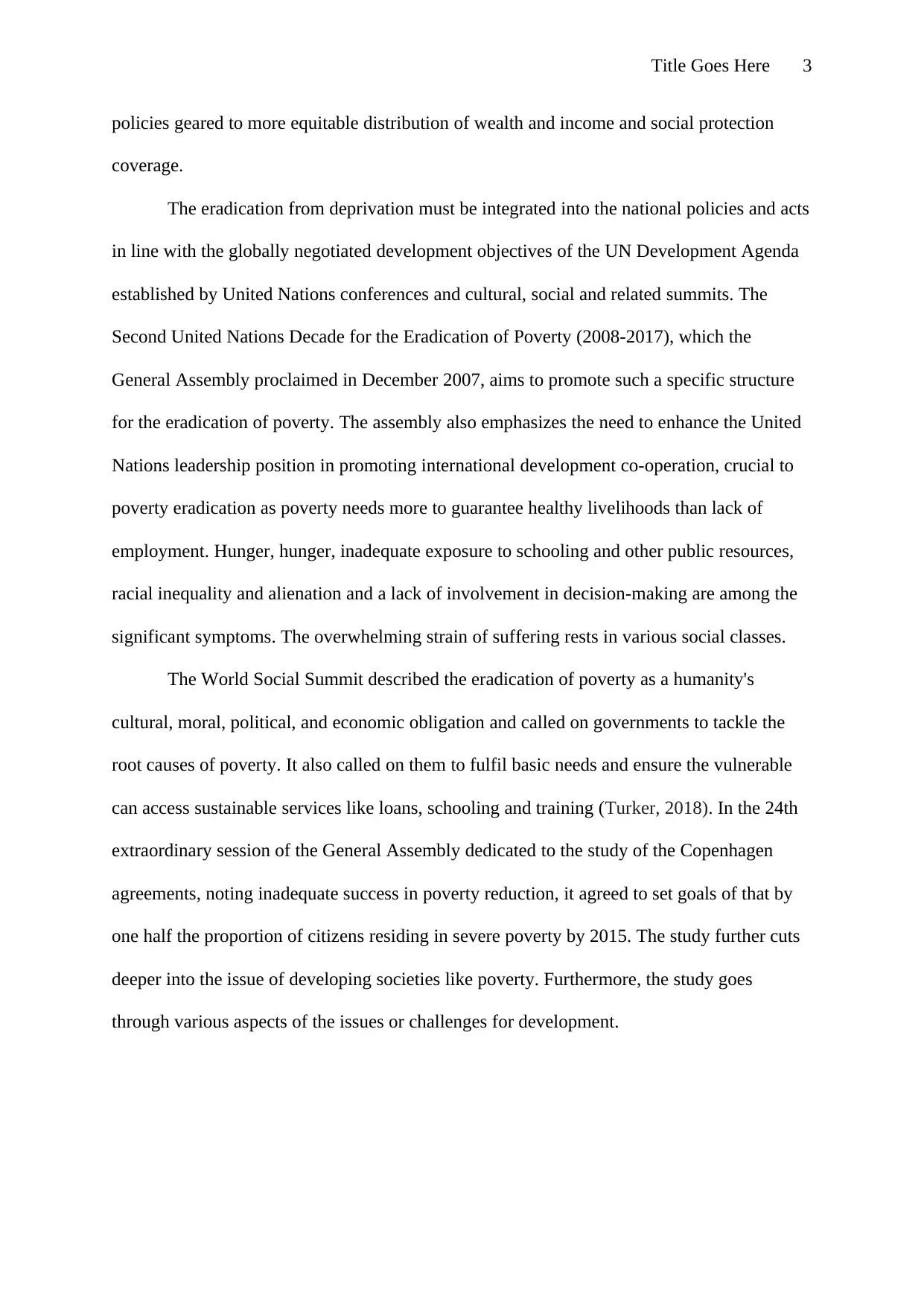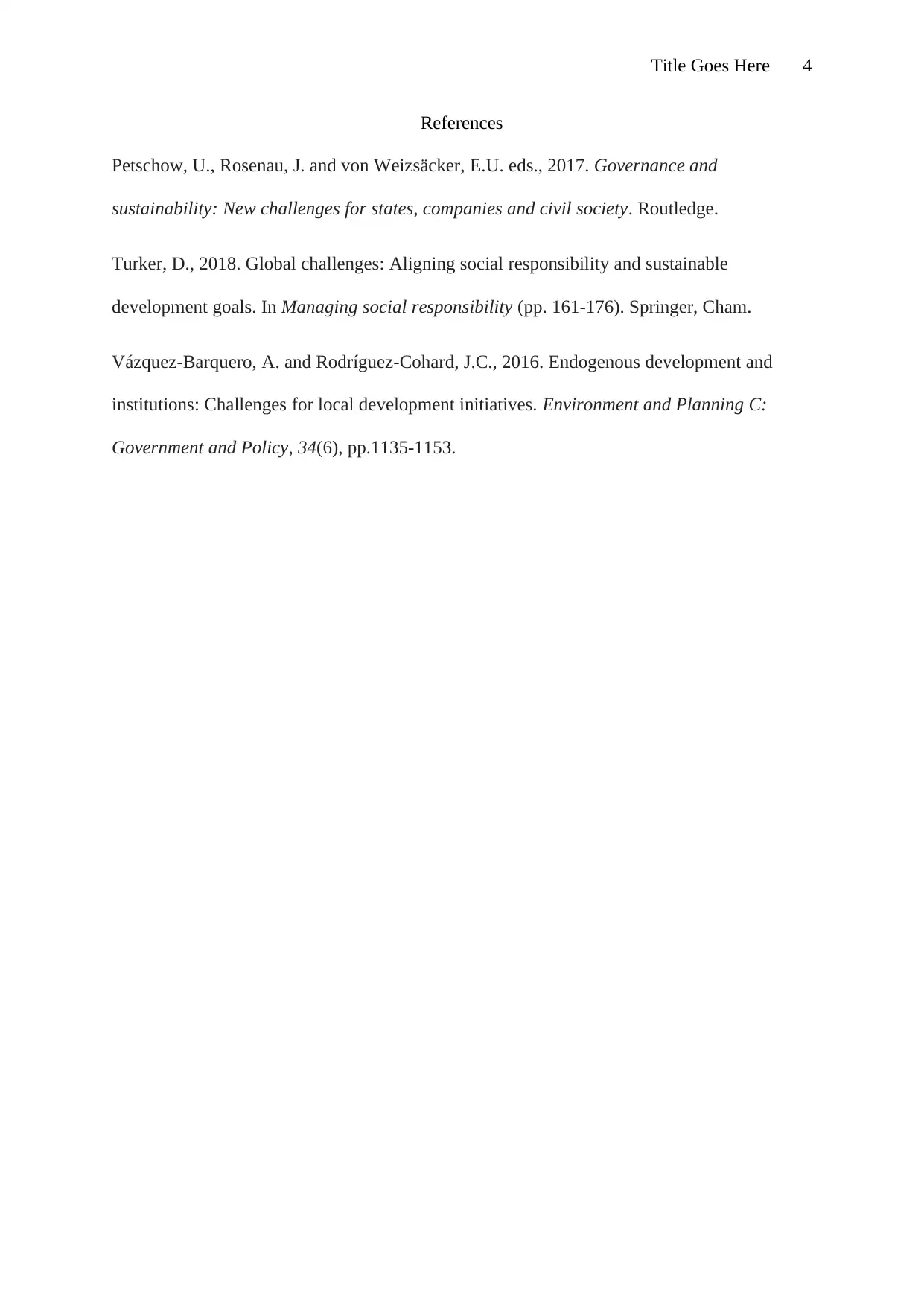Challenges of Poverty and Development: A Comprehensive Analysis
VerifiedAdded on 2022/09/13
|4
|786
|27
Essay
AI Summary
This essay examines the multifaceted challenges of poverty faced by developed countries. It begins by highlighting institutional and structural constraints, including geographical limitations and the need for job diversification. The essay delves into socioeconomic problems, such as unemployment, migration, and the impact of technological advancements. It emphasizes the importance of a social development viewpoint, advocating for people-centered solutions and equitable distribution of wealth. The essay references the Second United Nations Decade for the Eradication of Poverty and the World Social Summit, highlighting the global commitment to addressing poverty's root causes. It also discusses poverty indicators and the need for comprehensive strategies to eradicate poverty, including access to education, healthcare, and social services. The essay concludes by emphasizing the need for integrated national policies aligned with global development objectives, referencing relevant studies and agreements.
1 out of 4











![[object Object]](/_next/static/media/star-bottom.7253800d.svg)